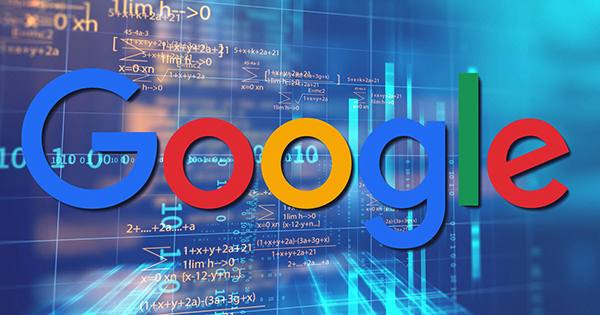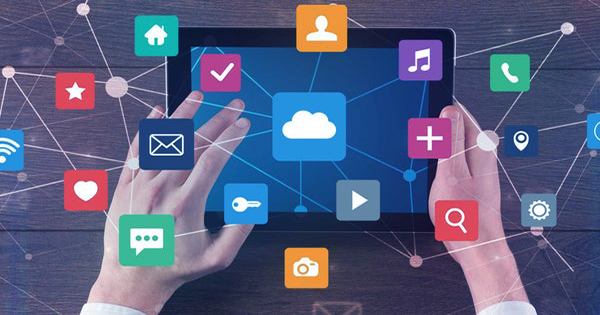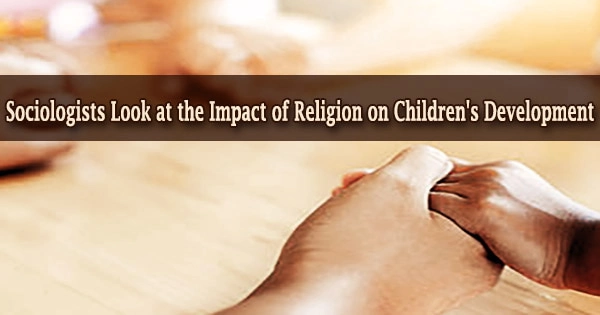Deep Science investor Lindy Fishburne consented to the seed and early-stage entrepreneur Breakout Ventures several years ago, after merging Breakout Labs with the Thiel Foundation several years ago in 2011, and she has gained several partnerships in the process. Among his firm’s portfolio companies are Cortexyme, an organization that aims to treat Alzheimer’s disease; Modern field of durable materials manufacturers; And Strateos, an organization whose robotic cloud platform is rebuilding how the work of the laboratory will done. Where he spoke to Fishburne this weekend – based on what he sees – we are under pressure from this epidemic. Why we invested so much of it, which once seemed like long shots, suddenly looks like a tough bet We Below, our chat parts have lightly edited for length and clarity.
TC: We want to overwhelm by the progress that made in vaccinating Americans. How do you feel about things based on the conversation you have? LF: The acceleration of vaccines has never seen before in our science, and now we are descending into the unsexy part of the logistics of turning them around. This is obviously our biggest challenge. Then the next part we are going to deal with is what happens when the earth vaccinated at a very unequal level and how people feel these things about travel and exposure and equity.
TC: Science has become the big story of the last year. Are you hearing from investors and potential syndicate partners who do not arrive before? LF: Yes, the epidemic has brought the importance of investing in science in acute relief. For the first time, we are really looking at the whole set of what you would think as a latent tech investor who read the mRNA vaccine that Moderna coded over a weekend and who began to believe that we are capable of biological engineering and that it no longer feels like a crafting process. No.
TC: You are talking about coding a vaccine. Are laboratories becoming less important in the simulations that scientists are able to do more, and if so, what does it mean for human experimentation? Are we reaching a stage where we do not have to rely on human trials like in the past? LF: We hope to get the human test part here. We are not there yet. You may have read and heard about the organs of a chip and growing organoids, where you may have a very small piece of your liver that you were able to test the toxicity on [and] and we are doing more of that. That said, we are not ready to make this jump from doing it perfectly in silico with a high-level confidence that the human body is a complex system that we have not yet fully modeled.
I think what you are pointing to some degree is the democratization of science and the access of more people with less skill to be able to work on drug discovery and drug development at a distance. So for example, we have a company called Strateos that has a complete robotic lab – instead of having technicians there – you have robots and a little train track that runs across the room so that the scientists who were at home this year are stuck. Were able continue testing regardless of their geography or security due to existing tests or time constraints.
















